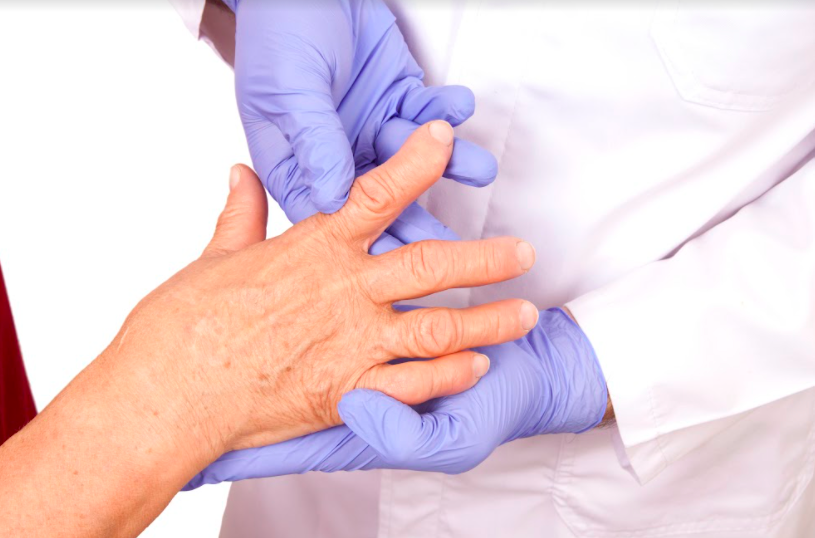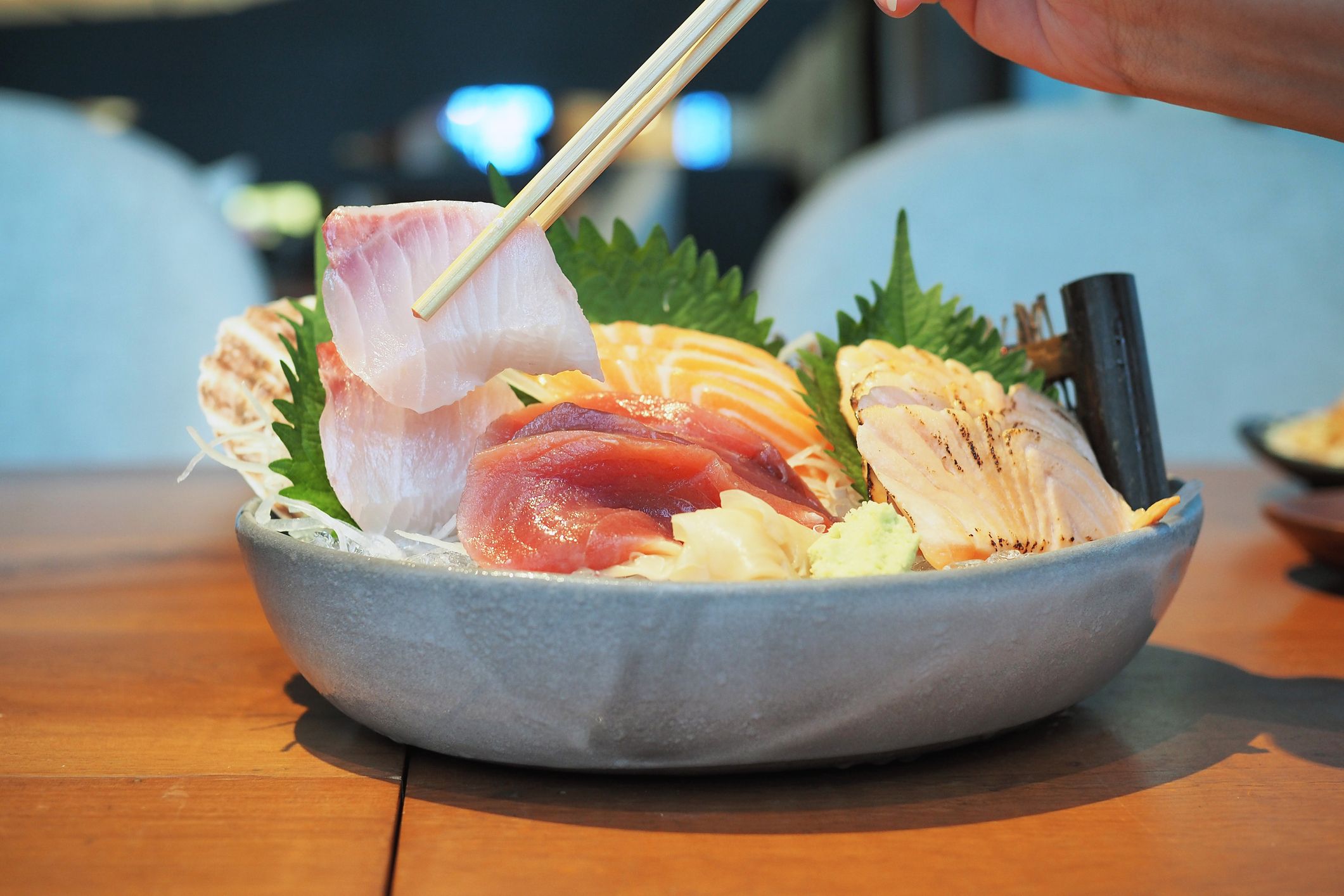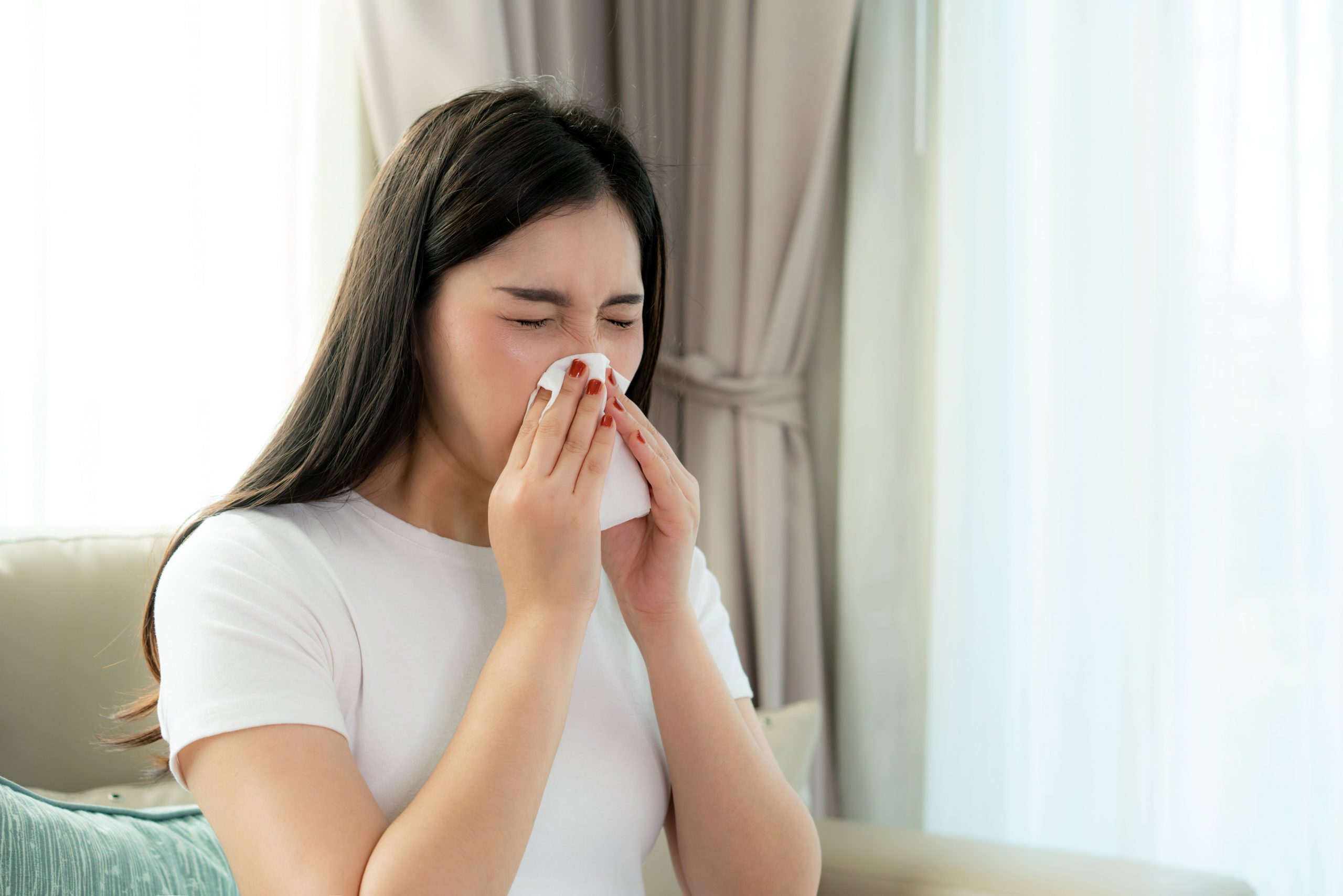Infectious Diseases
All you need to know about Covid-19 vaccines in Singapore
Singapore has purchased Covid-19 vaccines from Pfizer-BioNTech, Moderna and Sinovac. How do these vaccines compare, and are they for you?
Singapore’s Ministry of Health (MOH) has authorised the Pfizer-BioNTech and Moderna Covid-19 vaccines for use in the national vaccination programme here. On October 23, 2021, the Sinovac vaccine was added to the programme as well. On June 1, 2021, the World Health Organization (WHO) approved the use of Sinovac Biotech’s Covid-19 vaccine for emergency-use. The Sinovac vaccine will be allowed under the Special Access Route (SAR) but be excluded from the Vaccine Injury Financial Assistance Programme. On June 25, 2021, it was reported that Singapore will be getting the Novavax vaccine as well, with supplies possibly arriving before the end of the year. On July 30, it was reported that the Health Sciences Authority has approved 11 applications for private hospitals and clinics to import China’s Sinopharm vaccine under SAR. The plan is the administer the first jabs in August. On August 29, it was reported that the first batch of the Sinopharm Covid-19 vaccine will be available at some hospitals and clinics from the next day (August 30). It will cost about $100 for both doses. Bookings for this vaccine can be done at this website. Singaporeans, permanent residents and long-term visit pass holders who were unable to get the Pfizer-BioNTech and Moderna vaccines due to allergies and want to take the Sinovac vaccine will be able to get it for an administration fee of $10 to $25 for each dose, at these 24 clinics licensed by MOH.
Follow us on WhatsApp for the latest updates: https://bit.ly/AsiaMDWhatsAppEN
Other approved vaccines in WHO’s emergency use list, such as those by Johnson & Johnson, AstraZeneca and Sinopharm, will eventually also be allowed under the same route. However, details on how private healthcare providers can apply to MOH are still in the works.
Timeline of events
Dec 14, 2020: PM Lee said that there would be enough Covid-19 vaccines for everyone in Singapore. Vaccines from Moderna, Pfizer-BioNTech and Sinovac have been purchased in advance to ensure enough options for the entire 5.7 million Singapore population.
Dec 21, 2020: First shipment of Pfizer-BioNTech vaccines arrive.
Dec 30, 2020: Healthcare workers start receiving vaccinations at the National Centre for Infectious Diseases (NCID).
Jan 7, 2021: MOH says that it has started sending out SMSes to invite those who are eligible to register for their vaccination.
Jan 8, 2021: PM Lee and director of medical services Kenneth Mak receive their first dose of the Pfizer-BioNTech Covid-19 vaccine at the Singapore General Hospital.
Jan 29, 2021: PM Lee to receive second dose of vaccine. He will have maximum protection against the virus 14 days after he receives the second dose.
Feb 2021: Vaccinations will start for the elderly aged 70 and above, as well as those at greater risk of severe Covid-19.
March 24: Those between 45 and 59 are invited to register their interest in getting vaccinated.
May 19: MOH invites those aged 40 to 45 to register for their vaccination.
Jun 1: Students sitting their O-, N- and A-level examinations, as well as special needs students, can start registering for their vaccination.
June 2: MOH announced that Sinovac’s Covid-19 vaccine will be allowed under the Special Access Route (SAR), via private healthcare providers.
June 16: Sinovac vaccines available at 24 clinics islandwide.
Who are eligible for mRNA vaccination?
NOT eligible:
- Those with history of anaphylaxis or allergic reactions to other vaccines
- Those with severely weakened immune systems, such as patients who have recently undergone organ transplant, or HIV patients with CD4 count < 200
- Those who have a very low platelet count of less than 50,000
- Children under the age of 12 years for Pfizer-BioNTech Covid-19 vaccine and children under the age of 18 years for Moderna Covid-19 vaccine. On May 18, the Singapore government announced that the Pfizer-BioNTech Covid-19 vaccine has been authorised by the HSA to be used for children aged 12 to 15 years old.
Eligible:
- Everyone else, including those with pre-existing medical conditions such as diabetes, asthma, G6PD, hypertension, high cholesterol and so on.
 Source: Ministry of Health
Source: Ministry of Health
Is the vaccine compulsory?
The Covid-19 vaccination is completely voluntary. However, Mr Lawrence Wong, who co-chairs the Covid-19 multi-ministry task force and was still holding the portfolio of Education Minister on Jan 7, 2021, said in a televised interview with Channel NewsAsia that Singapore residents who do not want to receive the Covid-19 vaccine may require “more frequent testing”. Those who choose to be vaccinated could enjoy “tangible benefits” such as not needing to serve a SHN (stay-home notice) or will serve a shorter SHN after travelling, he added.
Can those who have received the vaccination gather in large groups without wearing masks in Singapore?
Till date, MOH has yet to issue such a guideline. A dormitory worker who had received the complete dosage of a Covid-19 vaccine was reported to have tested positive for the virus on April 22, 2021. He displayed no symptoms.
How the four vaccines compare, in a nutshell
Covid-19 multi-ministry task force co-chair Lawrence Wong said in his Jan 7, 2021 Talking Point interview that the these three vaccines were selected out of a total of 35 before clinical data or “full-fledged information” was available. This was so that Singapore could be one of the first in the queue to obtain the necessary vaccines. The Therapeutics and Vaccines expert panel (TxVax panel), comprising 18 scientists and clinicians across hospitals, A*STAR and the private sector, looked at data which came from the different vaccine companies at their respective stages of clinical trials to make a decision. Vaccines from more companies may be purchased later on to diversify options. These are what we know about the three vaccines confirmed for purchase at the moment.
Pfizer-BioNTech
Name of vaccine: BNT162b2
Origin: Germany and the United States
Type: mRNA
Number of doses required: 2 shots, 21 days apart
Recommended for: People aged 16 years and older
How effective: Phase 3 trials end-point results showed 95% efficacy
Adverse effects: Chills, tiredness, headache. Check the full list of ingredients to pre-empt possible allergic reactions.
Storage temperature: -75 degrees Celsius
Moderna
Name of vaccine: mRNA-1273
Origin: US
Type: mRNA
Number of doses required: 2 shots, 28 days apart
Recommended for: People aged 18 years and older
How effective: Phase 3 trials end-point results showed 94.1% efficacy
Adverse effects: Chills, tiredness, headache. Check the full list of ingredients to pre-empt possible allergic reactions.
Storage temperature: -20 degrees Celsius up to six months
Sinovac
Name of vaccine: CoronaVac
Origin: Beijing, China
Type: Inactivated vaccine (see below)
Number of doses required: 2
Recommended for: People aged 18 years and older
How effective: Phase 3 efficacy trials in different countries have had varying outcomes. Click here for updates.
Adverse effects: Minor fatigue and discomfort (to be confirmed)
Storage temperature: 2-8 degrees Celsius
Sinopharm
Name of vaccine: BBIBP-CorV
Origin: Beijing, China
Type: Inactivated vaccine (see below)
Number of doses required: 2
Recommended for: People aged 18 years and older
How effective: A large multi-country Phase 3 trial has shown that 2 doses, administered at an interval of 21 days, have an efficacy of 79%
Adverse effects: Fever, pain at injection site, headaches, fatigue.
Storage temperature: 2-8 degrees Celsius
Novavax
Name of vaccine: NVX-CoV2373
Origin: United States
Type: Protein-based vaccine
Number of doses required: 2
Recommended for: TBC. Trials were conducted among candidates aged 18 years and above.
How effective:Phase 3 trial in the UK demonstrated 89.7% efficacy
Adverse effects: Injection site pain and tenderness, fatigue, headache and muscle pain.
Storage temperature: 2-8 degrees Celsius
 BBC News published this graphic in an article dated Dec 30, 2020, to show how some of the Covid-19 vaccines compare against each other. Source: BBC News
BBC News published this graphic in an article dated Dec 30, 2020, to show how some of the Covid-19 vaccines compare against each other. Source: BBC News
How do the vaccines work?
Video source: World Health Organization Vaccines help our body’s natural defences develop immunity to the virus which causes the illness, without us having to get sick. When you get a vaccine, your immune system is left with “memory” T-lymphocytes as well as B-lymphocytes (defensive white blood cells) that will remember how to fight that virus in the future. Pfizer-BioNTech’s and Moderna’s vaccines are messenger RNA (mRNA) vaccines; Sinovac and Sinopharm use inactivated vaccine technology; Novavax uses recombinant nanoparticle protein subunit vaccine technology.
mRNA vaccines
mRNA vaccines contain just enough genetic material from the Covid-19 virus that triggers our bodies to begin making viral proteins, but not the whole virus. After our cells make copies of the protein, they destroy the genetic material from the vaccine. In this way, our immune system is trained to recognise that the protein is an unwelcome invader, and will attack the virus in future.
Inactivated vaccine technology
Inactivated vaccine technology uses weakened or inactive viral particles to stimulate our body to produce an immune response to the Covid-19 virus. Once vaccinated, our body will begin making T-lymphocytes and antibodies. Memory cells will recognise and fight the virus should infections occur in future.
Recombinant protein subunit vaccine technology
Novavax contains harmless particles of the surface spike protein that SARS-CoV-2 uses to infect humans. It induces the body’s immune system to make antibodies and prevent the binding of the spike protein to human cells. Recombinant protein subunit vaccine technology has been around for decades. Another example of a recombinant vaccine is Shingrix, a shingles vaccine.
Links to more information on Covid-19 vaccines:
Gov.sg: What you should know about the Covid-19 vaccine Centers for Disease Control and Prevention: Different Covid-19 vaccines World Health Organization: Covid-19 Vaccines The different types of COVID-19 vaccines Vaccine efficacy, effectiveness and protection World Health Organization: Covid-19: Variants and vaccines BBC News: Covid: What do we know about China’s coronavirus vaccines? National Geographic: Here’s the latest on COVID-19 vaccines
Ministry of Health – FAQs on booster doses
Featured image by Nataliya Vaitkevich from Pexels























